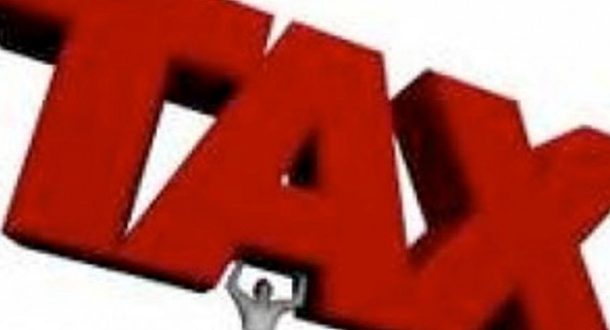Despite a fast-growing informal sector economy, data from the Ghana Revenue Authority (GRA) has shown a constant decline in tax collection from the sector in recent times.
The major contributor to the country’s public purse from the informal sector, the Vehicle Income Tax, saw a drop from 8.3 percent in 2017 to 7.3 percent in 2020 – while the Tax Stamp which is the other contributor also witnessed a drop, from 1.4 percent to 1.3 percent, in the same period under review.
The decline, according to some tax experts, is in sharp contrast to recent figures released by the Ghana Statistical Service in its Ghana Living Standard Survey (6), which pegs the population of operators in the informal sector at 90 percent of the country’s workforce.
According to the data, Ghana realized only GH¢35,811,805 from the Vehicle Income Tax and Tax Stamp out of a total revenue realised from self-employed people which was GH¢413,594,327.11 in 2020.
Speaking at a virtual forum organized by the Chartered Institute of Taxation Ghana, the Head of Audit-LTO at the Ghana Revenue Authority, Dr. Martin Yamborigya, recommended the first step that must be taken in correcting the situation is to identify and register all eligible taxpayers in the informal sector through identifiable groupings.
He assured that the GRA is doing this by leveraging use of the Ghana Card through the individual Tax Identification Number (TIN) to widen the tax net. He added that the authority is also using professional bodies and groups to identify and register all professionals who are operating like players in the informal sector.
He pointed out that it is important to implement the Modified Taxation System for the large informal economy to make it easier for operators in the area to fulfil their tax obligations to the state. “There is also a need to simplify enforcement and compliance at the retail and micro level by coming up with simplified record-keeping materials for our people.”
To make tax collection convenient for players in the informal sector, Dr. Yamborigya proposed a simple method of assessing income by using a flat tax regime under a modified taxation system.
This, he explained, will help expand the scope for small entities other than individuals for the option to submit to conventional tax assessment at the corporate tax rate, or opt for a flat tax based on turnover under a modified taxation system. “I must add that we must also leverage on technology to simplify collection and payment of the 3 percent flat tax in the sector, which is very important.”







